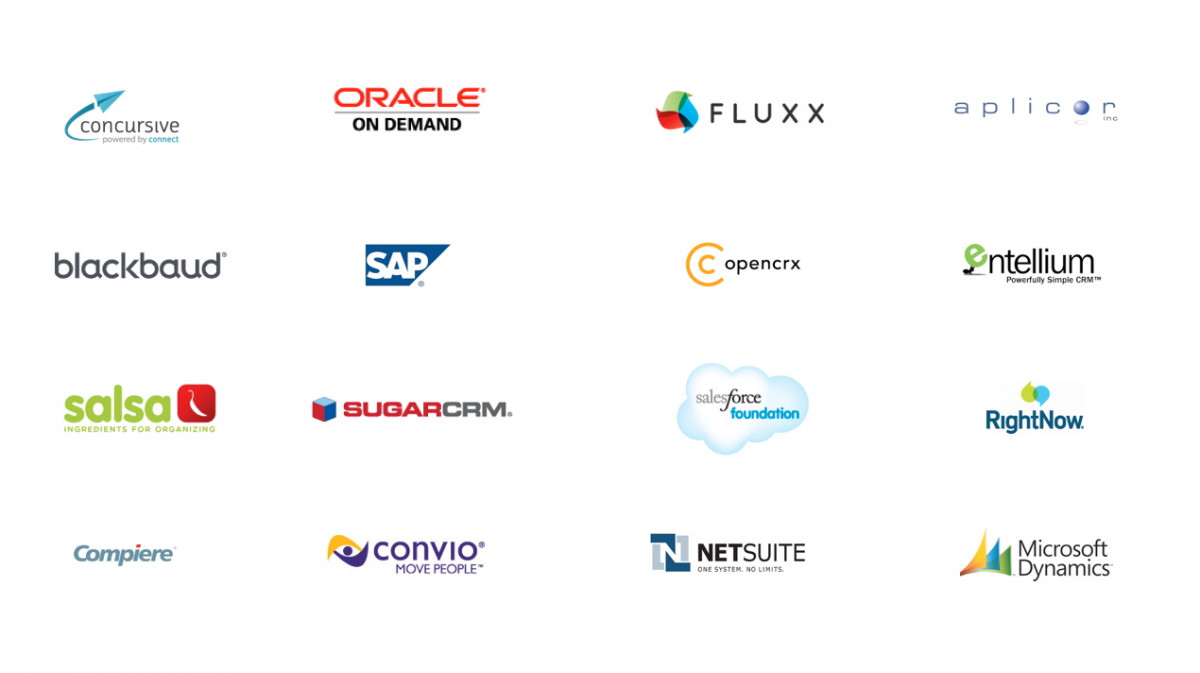Take the suck out of choosing a CRM Take the suck out of choosing a CRM

Ask 10 people about their CRM experience and nine will roll their eyes. The tenth won’t know what a CRM is. CRM’s can make business management and processes significantly easier, but only if we understand what we are signing up for in the first place, and setting our expectations from the onset.
Nailing the implementation of a CRM (customer relationship manager) is one of the most liberating experiences you will have as a business owner. When done well, a CRM will manage client communications schedules, measure sales volume and pipelines, monitor invoicing and projects, and automate recurring activities or tasks.
The limiting factor we commonly see with CRM implementation though is user impatience or an unclear scope of how the CRM is going to support the business. If there is no specific plan for how the CRM is going to aid the operation, how do we know if it is doing what we need?
We came to this epiphany the hard way. Having test-driven a dozen CRMs over 18 months without success, we realised our selection method was the problem, not the CRMs themselves.
We sat down and documented what we actually wanted the CRM to do for us – what areas of our business we wanted automated, what components we wanted to track, what kind of reporting we needed, as well as what scope we had in the future for further functionality as we grew.
Once we had this basis documented, we compiled several flow charts of our businesses various processes and highlighted areas we wanted the CRM to facilitate. Once we had these documents completed, we distributed them to several CRM providers and asked them to pitch their case to us as to how they could simplify our business processes. After a series of demos and Q&A sessions we were able to make a selection based on the best fit for what we needed rather than trying to manipulate our business around any given CRM.
We must have read 30 articles about CRM selection and functionality before we created our selection process. There are a few things that were never mentioned in these articles which we consider essential in understanding CRM selection:
- It is highly unlikely that any CRM will be the perfect fit out of the box. Customisation will most likely be required to some degree.
- Assign a development budget to the CRM project. The purchase price of a CRM will be one of the lower-cost exercises in the CRM project. Ongoing customisations (at least in the first 12 months) will require further investment to maximise the value of the CRM.
- Appreciate that the setup will likely take six months or so. As you start to get familiar with your CRM, other possibilities will become apparent and will take time to implement.
- Your CRM should evolve and grow with your business. How you need it to function in 12 months’ time will be very different to now.
- Even if you are a small business, don’t limit yourself to researching small business CRMs. There are functions in larger CRMs that smaller CRMs cannot handle that make running a business much easier.
- Whilst spending a few thousand dollars on a CRM system may be confronting, consider the alternative; an administrative gatekeeper will require $50,000+, and doesn’t solve the problem of having a robust, systemised, repeatable structure for which to build off.
CRMs have been around forever, and most good businesses will have one. But making your business fit the CRM, and having the CRM fit your business are completely different scenarios. If you are hunting for a CRM and feel overwhelmed at how to go about making a selection, grab a colleague, grab a coffee, and spend a couple of hours defining what you want it to do. Then ask the CRM providers to show you how they can make your life easier. If they can’t, take your case to the next provider until you find the right fit. It may take a little time to find the right one, but when you do, it will be well worth it. It sure beats testing out a pile of them without really knowing whether or not you are making any progress.









